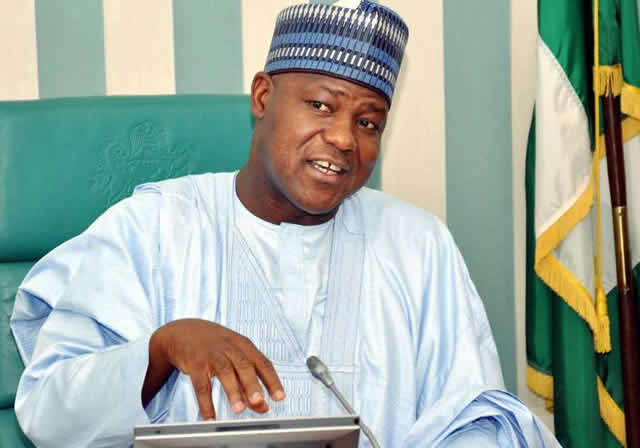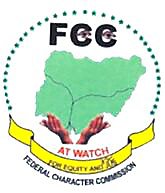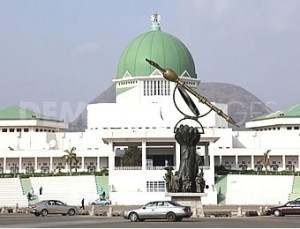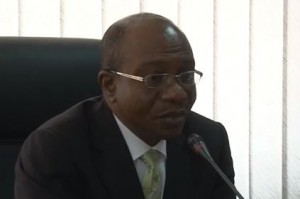
Guardian / Nigeria: Federal lawmakers yesterday lamented alleged non-compliance with the federal character principle by the executive in recent appointments and recruitment into public offices in the country.
Adopting a motion sponsored by Kingsley Chinda at the plenary session presided over by Speaker Yakubu Dogara, the House of Representatives mandated its Committee on Federal Character to investigate all public appointments and recruitments made so far with a view to ascertaining the level of compliance or otherwise with Section 14 (3) of the constitution. The panel is to submit its report within one month.
The lawmakers urged the executive arm to comply with the Federal Character Principles in S.14 (3) of the Constitution in all appointments and recruitments into public offices.
Presenting the motion, Chinda representing Obio/Akpor federal constituency of Rivers State claimed that there was an apparent lopsidedness and imbalance in the appointments and sharing of posts into public offices by the Federal Government and some of its agencies in favour of certain zones.
Chinda, who accused the Federal Character Commission (FCC) of not living up to its mandate, alleged lopsidedness in the recent recruitments by the Central Bank of Nigeria (CBN) and the Federal Inland Revenue Service (FIRS) as well as appointments into the boards of agencies and parastatals and the nomination of ambassadors.
The lawmaker said: “Unless urgent and positive steps are taken to check the prevailing imbalance, people would continue to be discontented and despondent, and this could lead to disunity and disloyalty, and heighten ethnic agitations that can undermine national security.
“Section 14 (1) of the Constitution of the Federal Republic of Nigeria, 1999 states that ‘the Federal Republic of Nigeria shall be a state based on the principles of democracy and social justice.’ Section 14 (3) of the constitution states that ‘the composition of the government of the federation or any of its agencies and the conduct of its affairs shall be carried out in such a manner as to reflect the federal character of Nigeria and the need to promote national unity and also to command national loyalty, thereby ensuring that there shall be no predominance of persons from a few states or from a few ethnic or other sectional groups in that government or in any of its agencies.”
The House also upbraided the Universal Basic Education Commission (UBEC) over the non-compliance with the Fiscal Responsibility Act.
The lower federal legislative chamber, via its Zakari Mohammed-led Committee on Basic Education, queried UBEC for accessing monies running into billions of naira even before the passage of the 2016 Appropriation Act.
The Executive Secretary of UBEC, Mr. Habib Bobboi, made spirited effort to defend the expenditure, saying it should not be seen as an extra-budgetary spending since such monies had already been budgeted for in 2015.
Bobboi who assumed office in August canvassed a review of UBEC Act to make it easier for state governments to access counterpart funds.
According to him, the inability of some states to utilise grants from the commission led to the incidence of un-accessed funds still lying untouched with UBEC.
“Some states are up and others are behind without coming to access the funds because they lack the willingness to provide the counterpart funding, and that is why the funds accumulated,” he said.
On the 2016 budget implementation, the UBEC boss said: “We get our funding based on what was appropriated. If the appropriation is N77 billion, we get N6 billion every month and in 1st quarter, we would have gotten N18 billion.”
Earlier, the Director of Finance, Mohammed Sambo, justified the pre-budgetary expenditure, saying it was a normal practice since monies were released to beneficiary states that submitted their action plan upon which they can access the matching grant irrespective of whether the financial year expired or not.
Mohammed demanded a detailed analysis of how the monies were expended to enable members of his committee conduct an on-the-spot assessment of the level of implementation of the capital component of the projects.
He also directed the commission to submit details of internally generated revenue from January to September 2016 and extent of financial commitment of donor agencies as well as the nominal rolls, remuneration and grade levels.




